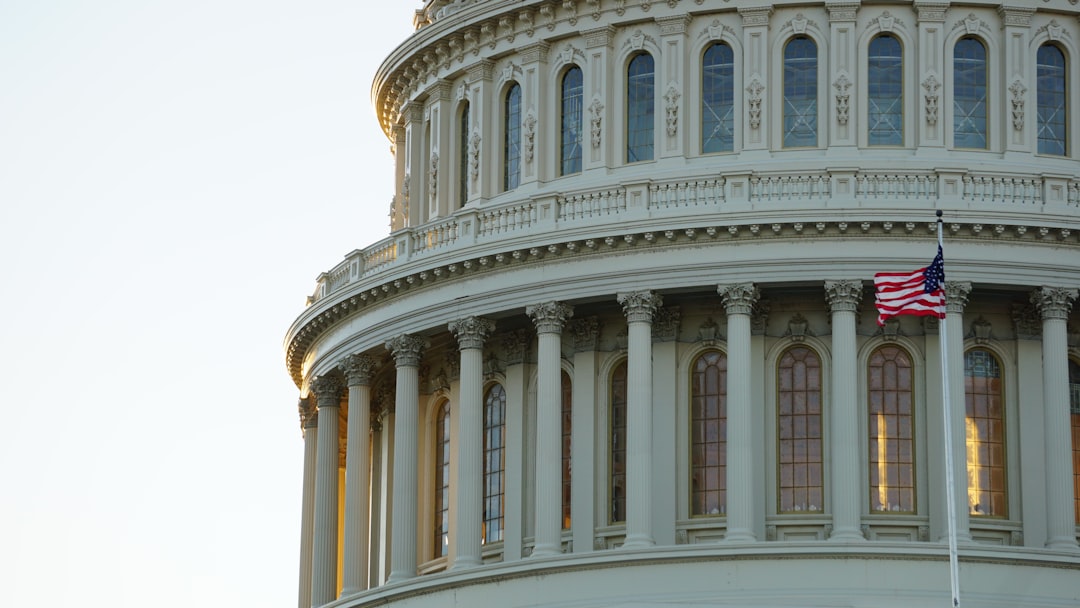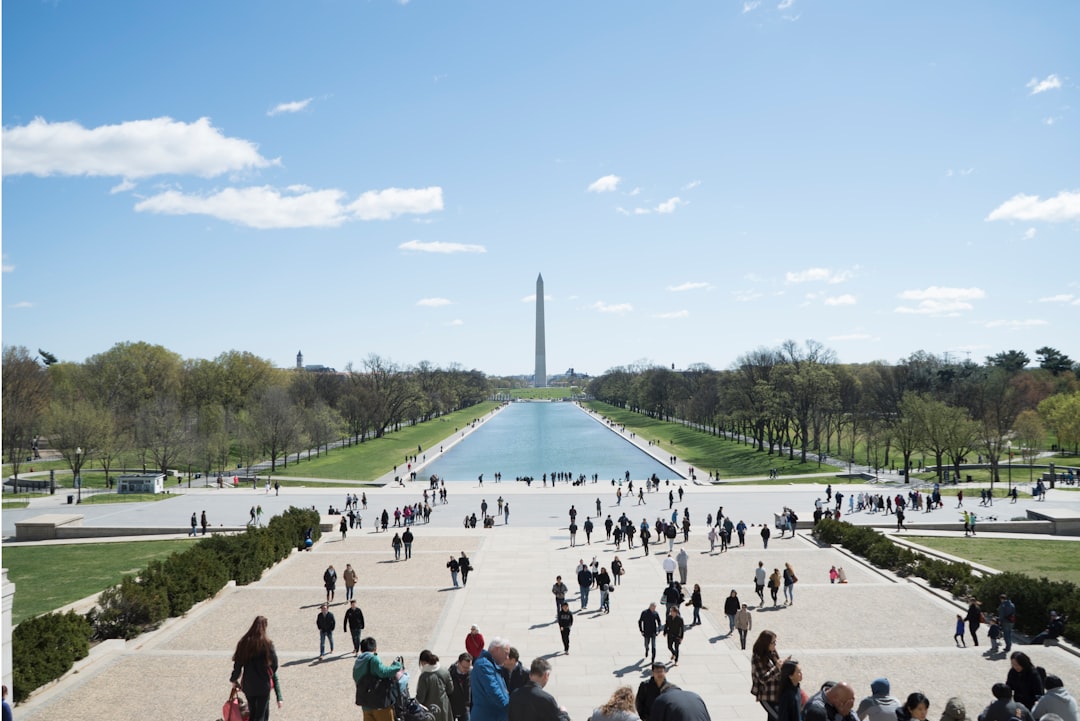In Washington state, clergy abuse is a sensitive issue due to cultural trust barriers that hinder victims from reporting sexual assault within religious institutions. Specialized clergy abuse lawyers play a crucial role by offering legal representation, emotional support, and tailored guidance, ensuring victims receive fair treatment and justice. These professionals help navigate complex laws, advocate for compensation, and support healing processes, while also collaborating with non-profit organizations to provide comprehensive support services for survivors. Reporting should start with local law enforcement, followed by engaging a specialized clergy abuse lawyer Washington for legal protection and guidance through civil lawsuits against perpetrators and institutions.
In Washington state, clergy sexual assault claims require sensitive handling and legal expertise. Understanding clergy abuse, a complex and often underreported issue, is crucial for victims seeking justice. This article explores their legal rights and introduces the role of a specialized clergy abuse lawyer in Washington. From reporting incidents to navigating the legal process and accessing support resources, it provides a comprehensive guide for survivors. Learn how a skilled attorney can advocate for your rights and help you heal.
Understanding Clergy Abuse: A Sensitive Issue in Washington
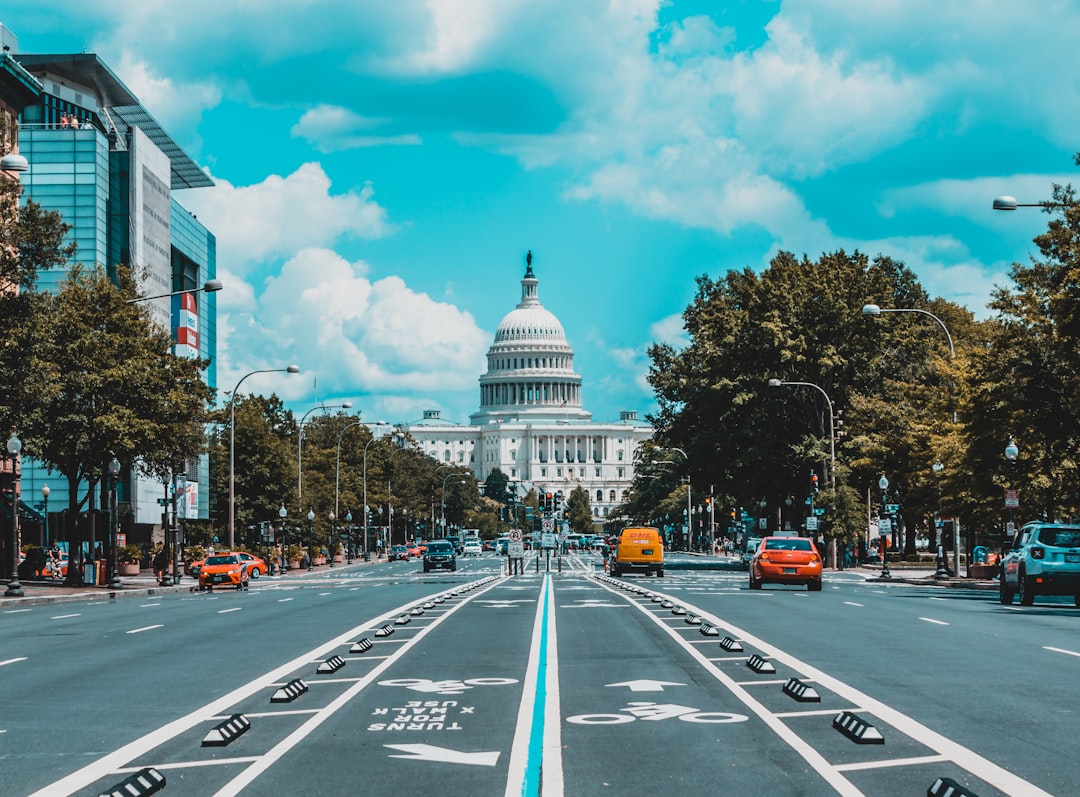
In Washington, as in many other states, clergy abuse is a sensitive and complex issue that often goes unreported due to cultural and psychological barriers. The trust and authority vested in religious leaders make it difficult for victims to come forward, especially within close-knit communities. This has led to a growing awareness of the need for specialized legal support for individuals who have experienced sexual assault within religious institutions.
A clergy abuse lawyer in Washington plays a crucial role in navigating this sensitive landscape. They provide not only legal representation but also emotional support and guidance tailored to the unique challenges faced by victims. These attorneys help their clients understand their rights, options, and potential avenues for justice, ensuring that they receive fair treatment during what can be a harrowing process.
Legal Rights for Victims: Seeking Justice in Sexual Assault Cases
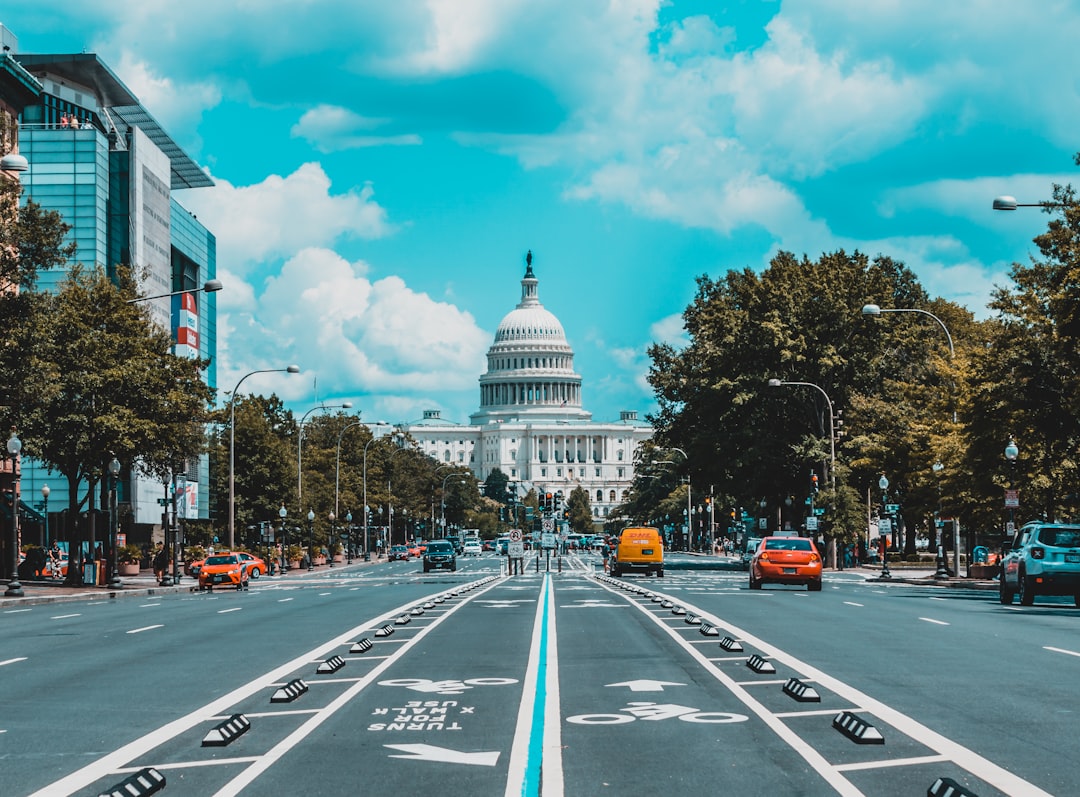
In the context of clergy abuse, victims in Washington state have legal rights and avenues for justice. If you or someone you know has experienced sexual assault within a religious community, it’s crucial to understand your options. A skilled clergy abuse lawyer in Washington can guide survivors through the legal process, ensuring their rights are protected. They can help navigate complex laws and policies related to these sensitive cases, offering support and representation tailored to the victim’s needs.
Victims may face unique challenges when pursuing justice for sexual assault within a religious setting. A lawyer specializing in this area understands these complexities and can advocate for fair treatment, compensation, and healing for the survivor. Whether it’s negotiating with church authorities or filing a civil lawsuit, legal counsel plays a vital role in helping individuals break free from silence and seek the resolution they deserve.
The Role of a Clergy Abuse Lawyer in Washington State
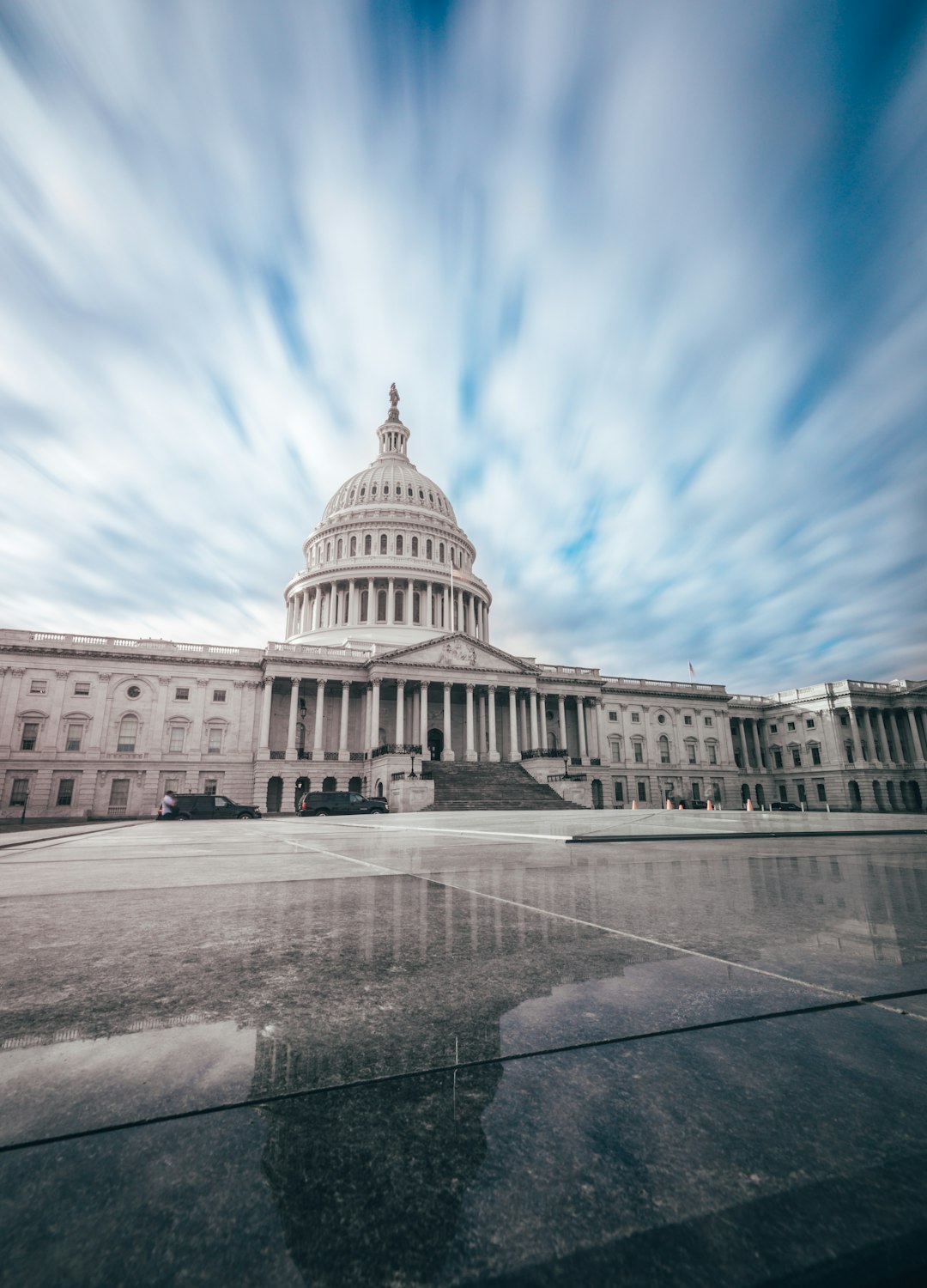
In Washington State, a clergy abuse lawyer plays a pivotal role in supporting victims of sexual assault within religious institutions. These specialized legal professionals are equipped to handle complex cases involving clergy members accused of misconduct, ensuring that victims’ rights are protected and justice is served. With a deep understanding of both state laws and the unique dynamics of religious organizations, these lawyers offer crucial guidance and representation.
They assist clients in navigating the emotional and legal complexities of such cases, providing strategies to gather evidence, interview witnesses, and build a strong case. Additionally, they advocate for victims’ privacy and well-being during the legal process, which can be particularly sensitive given the nature of the allegations. A clergy abuse lawyer in Washington is dedicated to holding accountable those who have committed sexual assault within religious settings while offering support and resources to help clients heal and rebuild their lives.
Navigating the Legal Process: Steps After Reporting an Incident

When a person reports a clergy abuse or sexual assault, they embark on a journey that requires careful navigation. The first step is to report the incident to local law enforcement for official documentation and potential criminal prosecution. It’s crucial to gather evidence, including any relevant communications, notes, or witnesses who can corroborate the claim.
Next, victims should seek out a skilled clergy abuse lawyer in Washington who specializes in these complex cases. A qualified attorney will guide them through the legal process, ensuring their rights are protected. This may involve filing a civil lawsuit against the perpetrator and/or the institution responsible for the harm. Promptly engaging legal counsel is essential to preserving evidence, understanding the statute of limitations, and seeking appropriate compensation and justice.
Support and Resources for Survivors: Healing and Recovery
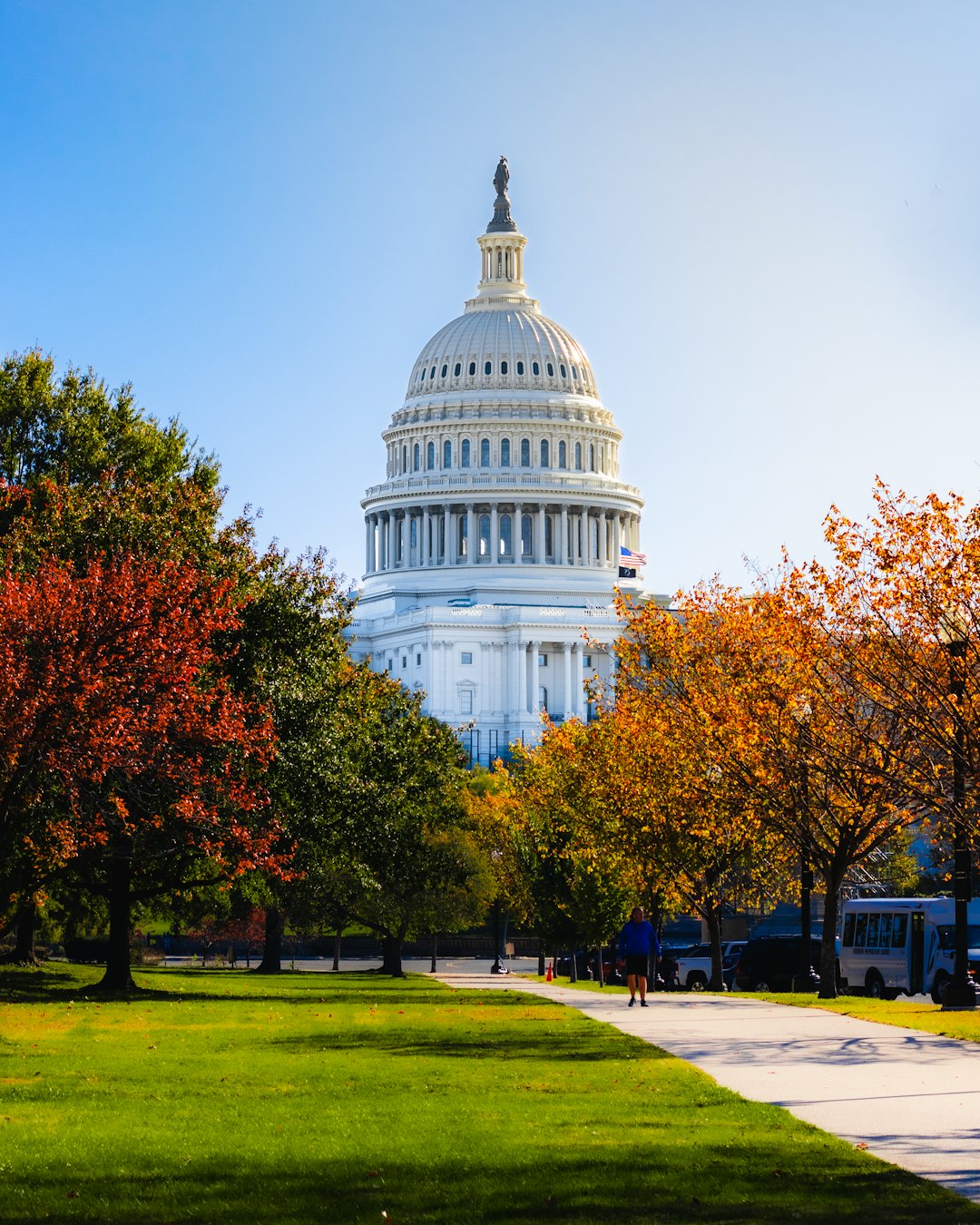
Survivors of clergy sexual assault in Washington state have access to a range of support and resources tailored to help them heal and recover. Many organizations, including non-profits and legal aid groups, offer confidential services and counseling specifically for individuals who have experienced such trauma. These organizations provide a safe space for survivors to share their stories, connect with peers, and receive guidance on navigating the complexities of legal actions against abusers within the clergy.
Legal support is a critical aspect of this process, and many survivors find solace in consulting with a specialized clergy abuse lawyer in Washington. These attorneys have expertise in handling sensitive cases involving religious institutions and can offer strategic advice on pursuing justice. Whether it’s through mediation, counseling, or legal proceedings, these resources collectively aim to empower survivors, restore their sense of safety, and ensure accountability for the perpetrators.


